Hendrik Christian Andersen House Museum - Villino Andersen
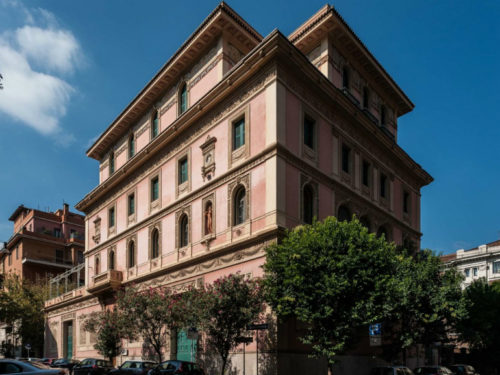
The House Museum of the Norwegian naturalized American sculptor Hendrik Christian Andersen (Bergen, 1872 - Rome, 1940), who lived in Rome from the end of the nineteenth century until his death.
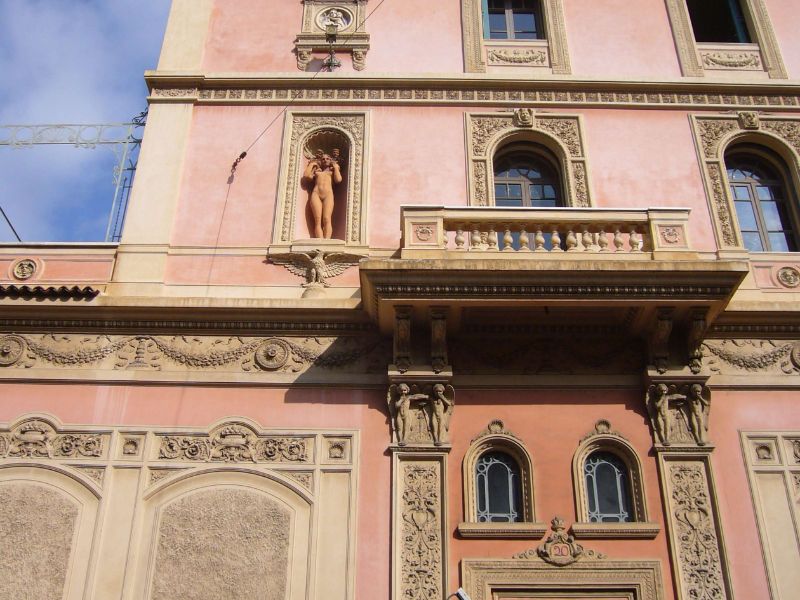
It contains a vast collection of works, over two hundred large, medium and small sculptures in plaster and bronze, over two hundred paintings and over three hundred graphic works, and is notable for its exceptional nature, being almost entirely centered around the utopian idea, pursued for the artist's entire life, of a great "World City", destined to be the international headquarters of a perennial laboratory of thought in the field of arts, sciences, philosophy, religion, physical culture.
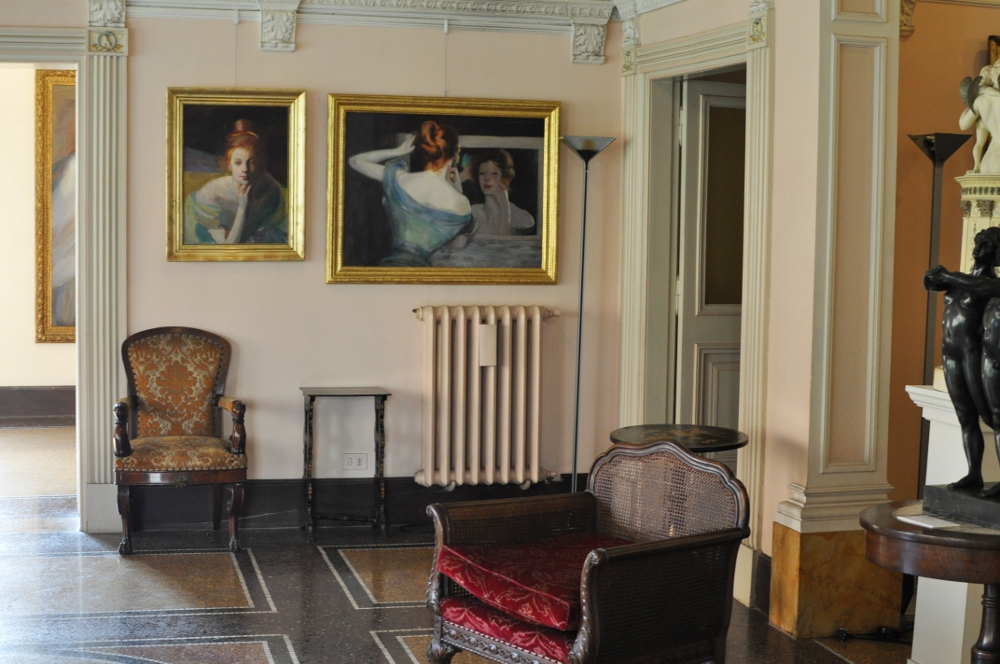
This project, which reflected the political aspirations of the internationalist and pacifist movement of the intellectual bourgeoisie of the early twentieth century, was maniacally pursued by H.C. Andersen who considered it a true philanthropic mission fully understandable only by future generations.

The identity of the museum is strongly linked to the visionary temperament of the author, who, like many Americans before him, chose Italy and Rome as his permanent residence, after the period of travel and training, to reaffirm continuity with values , with the ancient spirit traceable in the Eternal City.
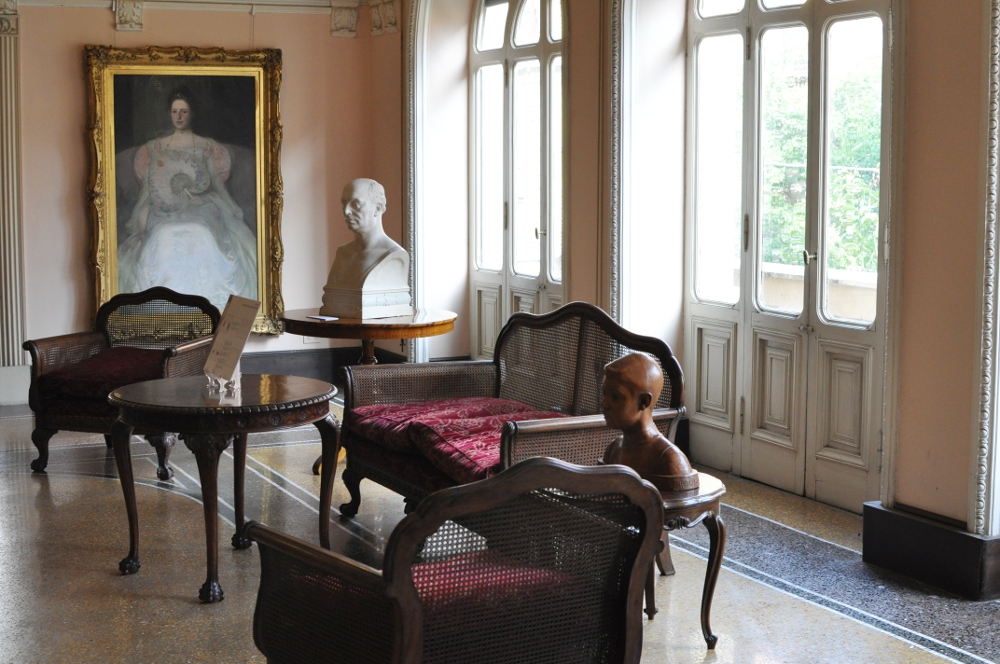
The building that houses the Hendrik Christian Andersen Museum was built between 1922 and 1925, based on a design by the same Norwegian artist, in the type of "building with attached sculpture studio", just beyond the Porta del Popolo and, in 1935, raised of an entire floor with a band of allegorical paintings in the Neo-Renaissance style.

The Villino itself is conceived as a space open to the research and development initiatives of an international project, almost a miniature prototype of the most grandiose design imagined on a universal scale.
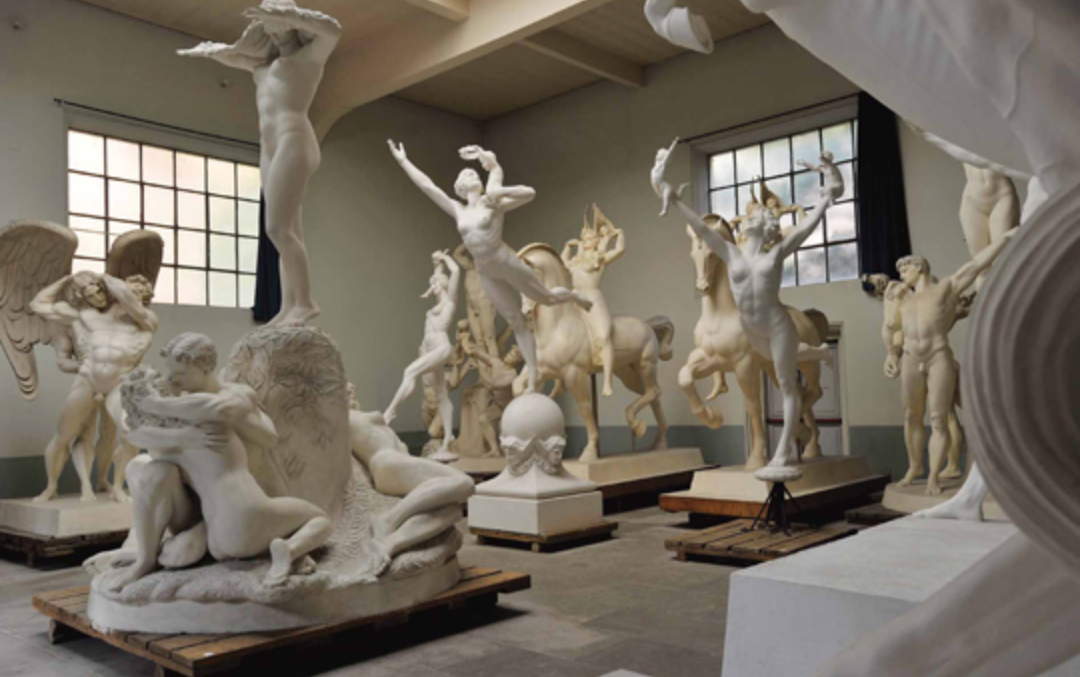

On the ground floor, the Gallery - a representative exhibition room - and the Studio - atelier for the design of the works and the modeling of the forms - host the monumental statues, portrait busts and project drawings for the World Center of Communication.
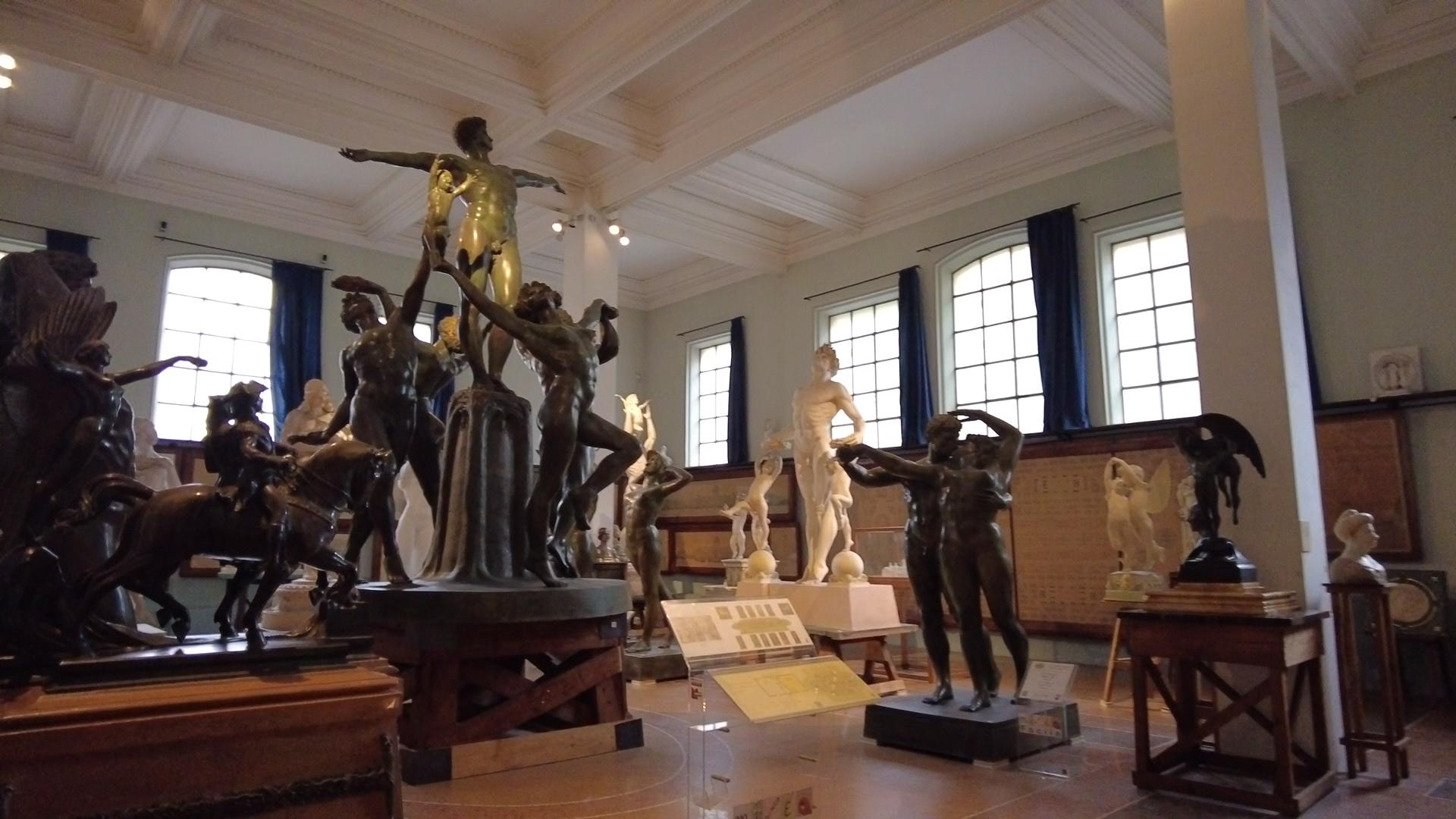
Among the most significant testimonies is the sculptural complex the Fountain of Life which for the artist represented the heart of his ideal city and to which the most consistent nucleus of the works on display belongs.
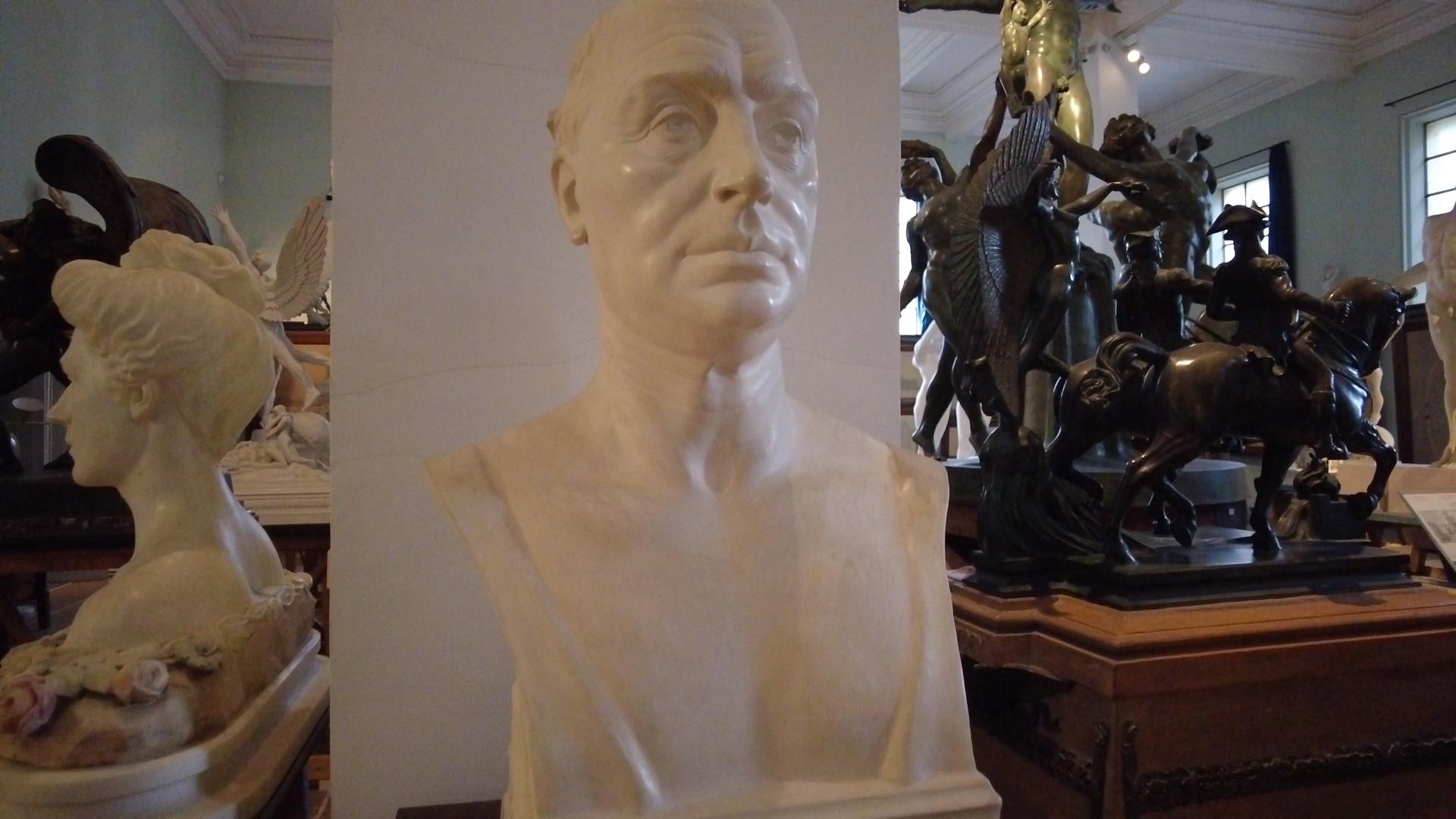
Video: Hendrik Christian Andersen House Museum - Villino Andersen
Map: Hendrik Christian Andersen House Museum - Villino Andersen
Address: Via Pasquale Stanislao Mancini, 20, 00196
Roma (RM) Lazio
Latitude: 41.91410618444725
Longitude: 12.472647428512573
Site: http://www.polomusealelazio.be...
vCard created by: CHO.earth
Currently owned by: CHO.earth
Type: Villa
Function: Museum
Creation date: 13-10-2021 10:09
Last update: 14/02/2022